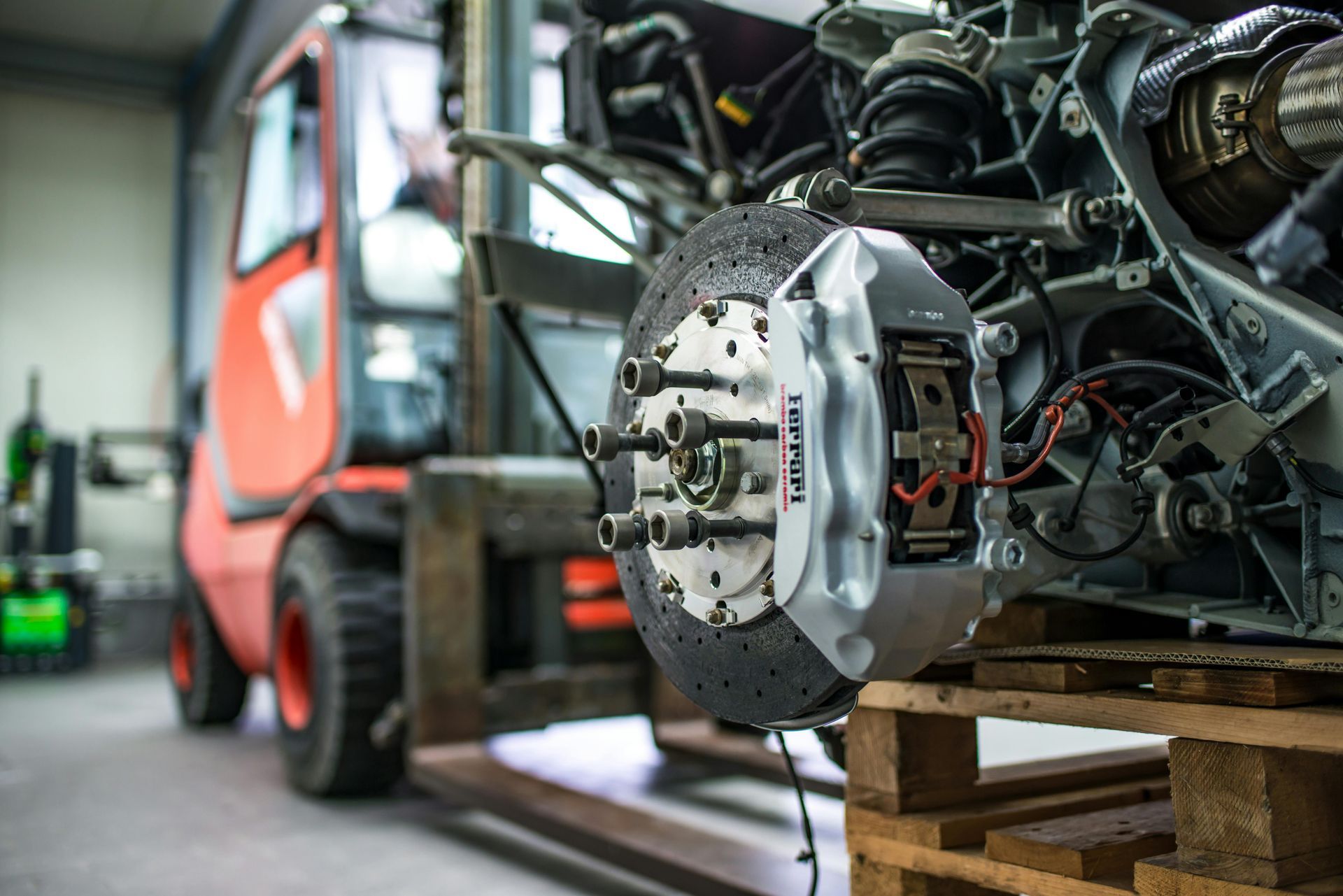Stay Cool Year-Round: The Importance of Auto AC Repair in Fort Worth, TX
In the heat of a Texas summer, a functioning auto AC system is more than a luxury—it’s a necessity. At Thornhill Auto Repair LLC in Fort Worth, TX, we know firsthand how brutal the heat can get, and we’ve seen how quickly a small AC issue can spiral into a costly, uncomfortable mess if left unchecked.
That’s why we’re diving deep into what makes your car’s AC system tick, how to spot early warning signs of failure, and why proactive maintenance and repairs are key to keeping cool and staying safe. Whether you're heading to work, taking a road trip, or just running errands around Fort Worth, your vehicle’s climate control should be the last thing you worry about.
How Your Vehicle’s AC System Works
Before we get into repair tips, let’s look at the basics of how your auto air conditioning system functions. Understanding the system can help you recognize when it’s not working as it should.
Your AC system consists of several main components:
- Compressor: The powerhouse of the system, it pressurizes and circulates refrigerant.
- Condenser: Removes heat from the refrigerant and expels it outside the car.
- Expansion valve/orifice tube: Controls the flow of refrigerant into the evaporator.
- Evaporator: Absorbs heat and cools the air before it enters your cabin.
- Refrigerant: The chemical compound that flows through the system and cools the air.
When all parts work in sync, you get cool, dry air blowing from your vents. But if just one component malfunctions, your comfort—and your safety—could be at risk.
Signs Your Car AC Needs Repair
At Thornhill Auto Repair LLC, we often see customers wait until their system stops working entirely before coming in. But like many automotive issues, early intervention can prevent higher repair costs later on. Here’s what to watch for:
- Weak airflow: If the air isn’t as strong as it used to be, your blower motor or a blocked vent might be to blame.
- Warm air instead of cool: Often caused by low refrigerant, compressor failure, or a faulty condenser.
- Unusual noises: Clicking, grinding, or squealing when you turn on the AC could signal worn belts or internal AC damage.
- Unpleasant odors: A musty smell might mean mold or mildew in the evaporator core or cabin air filter.
- Water stains inside the cabin: If the AC drain is clogged, condensation may leak into the car.
Why Timely AC Repair Matters
Ignoring AC issues doesn’t just affect your comfort—it can lead to bigger problems. When a component like the compressor fails due to lack of refrigerant or dirty filters, it can cost hundreds more to replace than it would to maintain. More importantly, a malfunctioning system can strain your engine and reduce fuel efficiency.
We recommend bringing your vehicle into our Fort Worth shop as soon as you notice any performance issues. A quick diagnostic test can identify problems before they get out of hand.
What Happens During an AC Service at Thornhill Auto Repair
When you bring your vehicle to Thornhill Auto Repair LLC, we take a thorough and professional approach. Our technicians are trained to service all makes and models, and we use high-quality parts and tools that meet or exceed factory standards.
Here’s what a typical AC repair or inspection involves:
- System pressure test to check refrigerant levels and identify leaks.
- Visual inspection of all components, including hoses and belts.
- Performance test to assess air temperature and airflow output.
- Refrigerant recovery and recharge if levels are low or depleted.
- Filter replacement if needed to remove contaminants and odors.
- Component testing for compressor, fan, and electrical controls.
We don’t just top off refrigerant and send you on your way—we dig deep to find the root of the issue and explain your options clearly.
Preventive AC Maintenance Tips
Prevention is always better than repair. That’s why we encourage drivers around Fort Worth to incorporate AC checks into their seasonal car care routine. Here’s what you can do to keep your system in good shape:
- Run the AC weekly, even in winter, to maintain system pressure and keep seals lubricated.
- Replace your cabin air filter every 12,000 to 15,000 miles—or sooner in dusty conditions.
- Keep your vents clean to avoid blockages or mold buildup.
- Watch for signs of refrigerant loss, like warm air or hissing sounds.
- Schedule an AC inspection each spring or before long summer road trips.
Why Fort Worth Drivers Choose Thornhill Auto Repair
As a locally-owned shop in Fort Worth, TX, we take pride in offering honest, reliable service with no gimmicks. We treat our customers like family and aim to build long-term relationships based on trust and transparency.
Our technicians don’t rely on guesswork—we use factory-grade diagnostic tools to deliver accurate, efficient solutions. We understand the unique challenges Texas weather presents and tailor our service to meet those conditions head-on.
Plus, with flexible financing options and discounts for military, teachers, and first responders, we make it easy for you to get the service you need without breaking the bank.
Final Thoughts: Don’t Sweat It—We’ve Got Your Back
Your car’s air conditioning system isn’t just about staying cool—it’s about comfort, safety, and peace of mind. At Thornhill Auto Repair LLC, we’re here to help Fort Worth drivers take control of their vehicle’s performance with expert AC repair and maintenance you can count on.
If something feels off with your AC, don’t wait until you’re stuck in traffic with sweat dripping down your back. Come see us and stay ahead of the heat—your car (and your sanity) will thank you.




